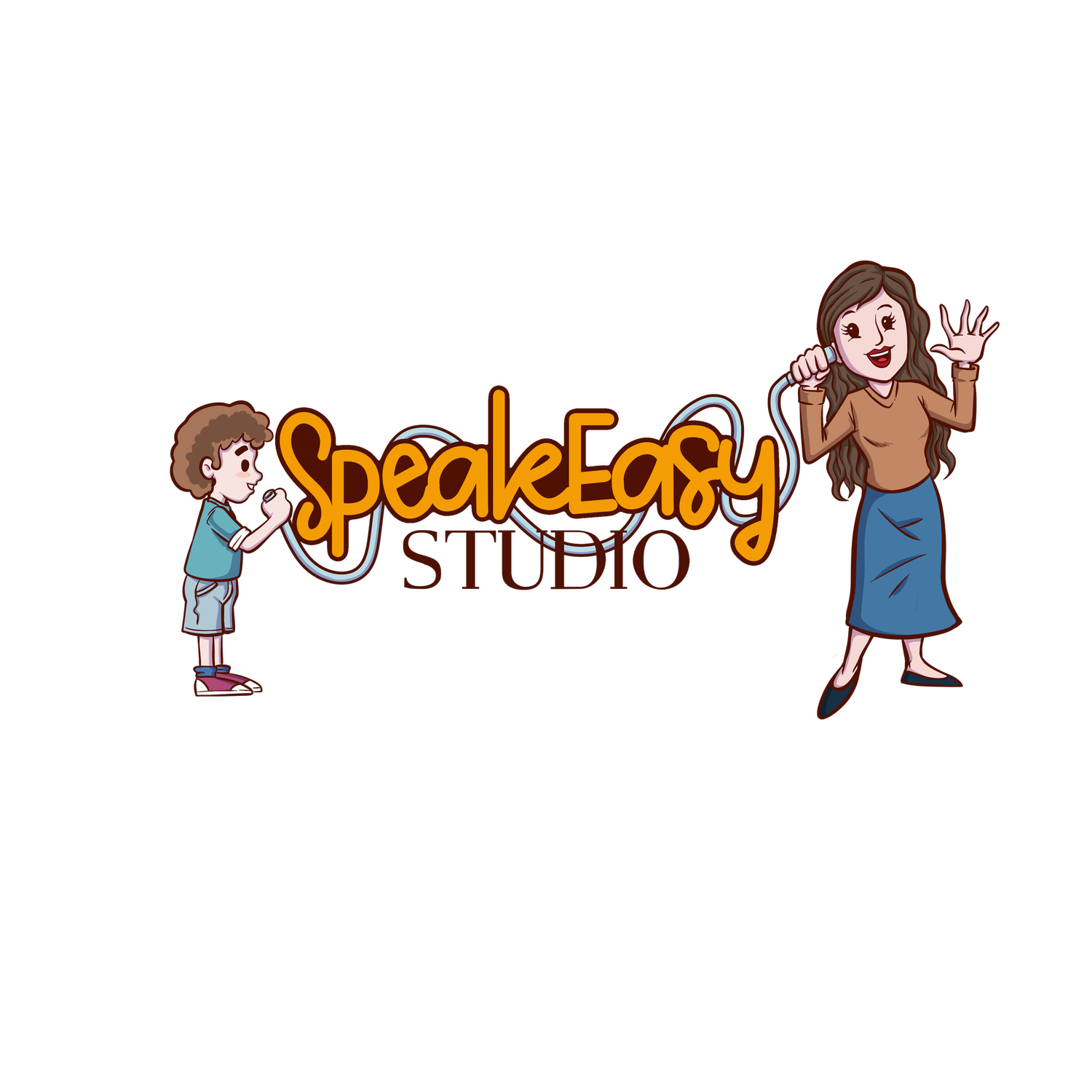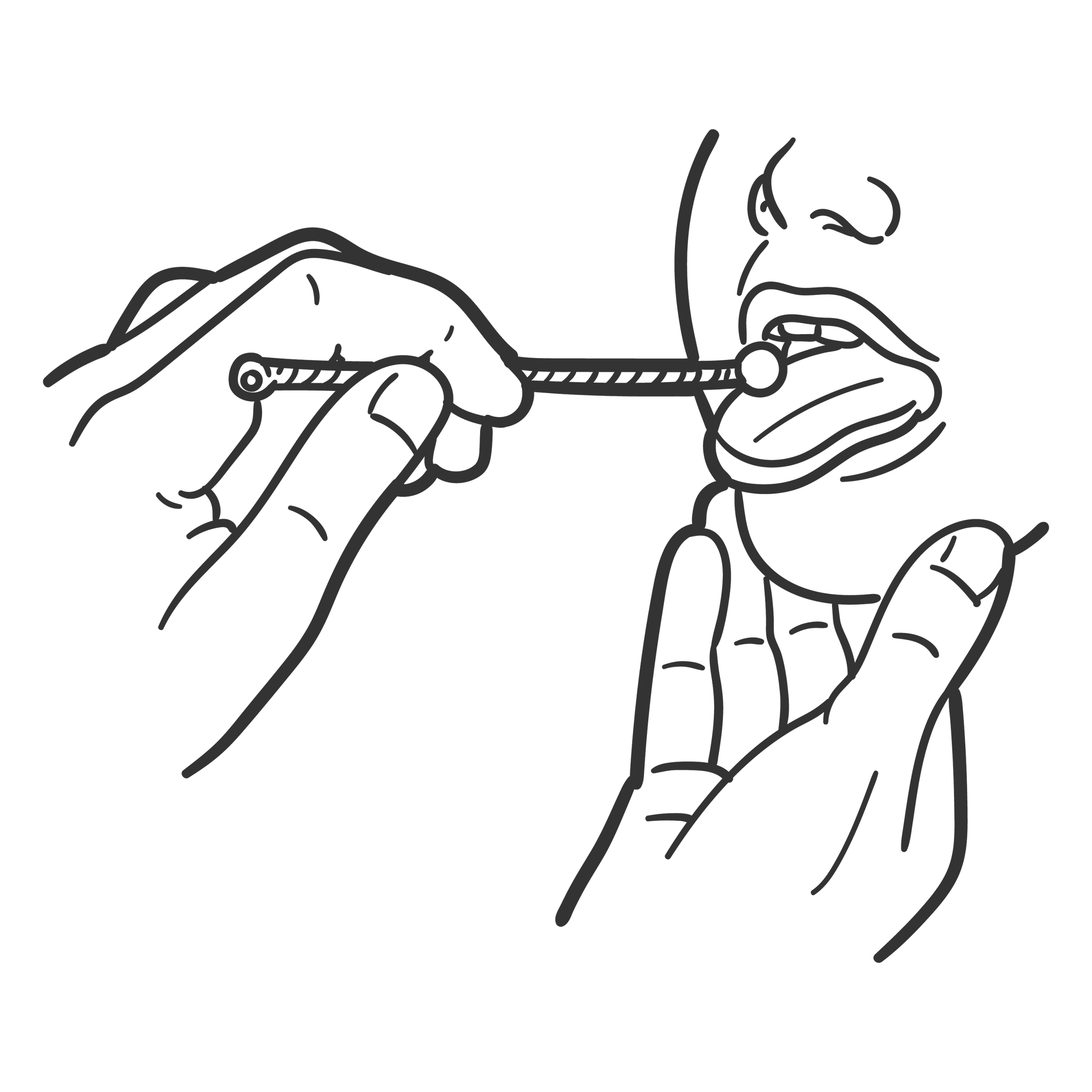CPSE & CSE
Pre-school, School age, Tweens & Teens
Committee on Preschool Education (CPSE) and Committee on Special Education (CSE) are special education service that support children and their families who have delays or disabilities in their development. These services can support a child’s learning, speech and language, physical development, social-emotional skills, and other areas.

Ignite your imagination and learn through creative engagement.
At Speak Easy Studio the goal is to provide children with disabilities the opportunity to learn in the least restrictive environment so they can thrive to the best of their ability when they transition into adulthood..
-
The DOE Committee on Preschool Special Education (CPSE) manages the process for preschool children. CPSE can start when a child turns 3 and depends on if
the child received Early Intervention (EI) services;
The child is attending a preschool program; or
The child is in another childcare setting.
-
Referral- If you are concerned about your child's development you can send a email to CPSE team or speak to a member of your child's' daycare to begin the process.
Evaluation- You will receive a referral packet where you will choose an evaluation site and set up an appointment.
An initial evaluation includes:
A psychological evaluation that looks at what your child knows and at his or her cognitive abilities;
A social history intervention, which provides background on your child’s developmental and family history;
A physical evaluation, which is a health examination form often completed by your child’s doctor;
An observation of your child in his or her currently school or childcare location; and
Any other assessments needed to determine the physical, mental, behavioral, and emotional factors that contribute to your child’s suspected disability.
Meeting- After evaluations are complete, a CPSE meeting will be held. At the meeting, the CPSE team will
Review the evaluation results;
Share and learn more about the child; and
Determine if your child is eligible for preschool special education services.
Your CPSE team includes
You. (The parent)
Gen Ed teacher
SPED Ed teacher (if applicable)
A district representative (the CPSE administrator)
others with knowledge about your child or special expertise (evaluator, doctor, additional parent member, etc.)
If found eligible, the CPSE will develop an Individualized Education Program (IEP). An IEP outlines your child’s current skills and abilities, goals, and the supports and services that will be provided.
Services- There is a range of programs and services available to support preschool students with IEPs.
SPED Ed services fall along a range from less restrictive to more restrictive. Less restrictive programs allow children to receive services alongside students without IEPs.
More restrictive programs (Like D75) are available for children who require more specialized supports.
-
Preschool programs and services include:
Related Services (speech, occupational, and physical therapy, among others);
Special Education Itinerant Teacher (SEIT) (small groups or one-on-one in a general education classroom or child care location);
Special Class in an Integrated Setting (children with and without disabilities are educated in the same class with a general education and special education teacher);
Special Class (smaller class size of all children with IEPs); and
Residential Placement (for children whose needs require 24-hour attention).
Additional supports and services include a 1:1 paraprofessional, assistive technology, bilingual services, behavior supports, and special education busing.
-
CSE/CPSE offices work with families based on school districts, with each CSE/CPSE supporting families in three-four districts. For preschool-age students (ages 3-5), you are assigned to the CPSE based on where your child lives. For school-age students (ages 5-21), you are assigned to the CSE where your child goes to school except in the following circumstances, in which case you are assigned to the CSE based on where your child lives:
-
-
If a teacher refers your child for a speech and language evaluation at school, you may have questions about what to expect. Click the button below to read the article on common questions parents ask that may help you understand why your child was referred and what will take place during the evaluation.






